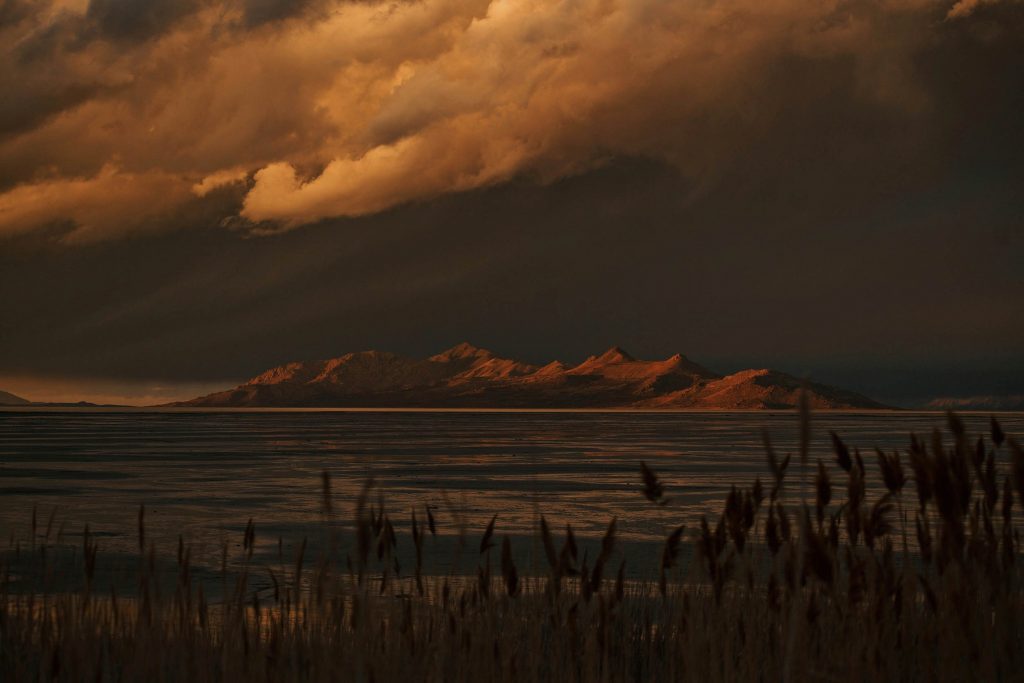Two important considerations in deciding where to keep or store your Utah last will and testament are: first, you want your will to be easy to find and access after you die; and second, you want your will to be safe from damage or loss while you are alive. There is no “right” answer on where to store your will, but here are a few points to think about.
Storing your will in a safe deposit box at a bank or credit union is one way to some people have chosen to keep estate planning documents secure. But you may create unintended problems for your heirs by storing your will in a safe deposit box. Even if your heirs know which bank or credit union has your will, your heirs will likely not be able to access your safe deposit box without going through the Utah probate process and asking the probate court to issue letters testamentary verifying the appointment of a personal representative for your estate. But usually, to obtain letters testamentary and appointment as a personal representative, Utah probate courts will require that the original copy of the will be filed with the court. If the original will is not accessible because it is locked in a safe deposit box, the probate process can become more complicated, time consuming, and costly. If you do choose to store your will in a safe deposit box, you should consider giving at least one other trusted individual authorization to access the safe deposit box.
Many people choose to keep their will at home. Keeping your will at home avoids the problems of gaining access to a safe deposit box after your death. But keeping your will at home may make it more susceptible to the risk of fire, smoke, or water damage. A will kept at home is also more likely to be stolen if your house were burglarized. Keeping your will in a fireproof safe provides some additional protections from these risks. But if you choose to keep your will in a fireproof safe, you need to tell your personal representative where your will is kept. You should also give a trusted individual (perhaps a spouse or your personal representative) the combination to the safe.
Some people will ask their attorney to keep a duplicate original of their will as a back-up in case the first original will is lost or destroyed. Others will give a duplicate original of their will to the person designated as their personal representative. (Creating a “duplicate original” means signing a second copy of your original will when the will is first executed. The “duplicate original” should also be signed by two witnesses and notarized in the same way that the first original is signed and notarized.) The use of a duplicate original provides some protection against loss or destruction of the first original, since the duplicate original can be filed with a Utah probate court in the same way that the first original could be. (Utah probate courts require an “original” will rather than a photocopy of the will if a probate action is needed.) But the use of a duplicate original carries its own risks. If you decide to use a duplicate original will, you need to be sure that both originals are destroyed if you make changes to your will. If an earlier “duplicate original” is found after your death, but not the most recent version of your will, the earlier version of your will may be entered in probate, and your estate may not be handled or distributed in the way you intended.
Until 2017, under the previous Utah Code 75-2-901, a will could be deposited with a court for safekeeping. Some advised against this practice, out of a belief that this will make the will open to public review. But the law required that a will deposited with the court for safekeeping had to be “sealed and kept confidential.” (Note that if the will were filed for probate following the testator’s death, the contents of the will would still become public.) During the testator’s lifetime, the court was only allowed to release the will either to the testator or to an authorized representative of the testator. Following the testator’s death, the court could release the will to the person designated to receive the will or to the appropriate probate court. This practice was rarely used. And in 2017, the Utah legislature eliminated this option for safekeeping of a will by completely repealing Utah Code 75-2-901.
Writing a will is an important part of any estate planning process in Utah. But if your will is destroyed or if your heirs cannot find or access your will, your efforts in creating the will are wasted.

